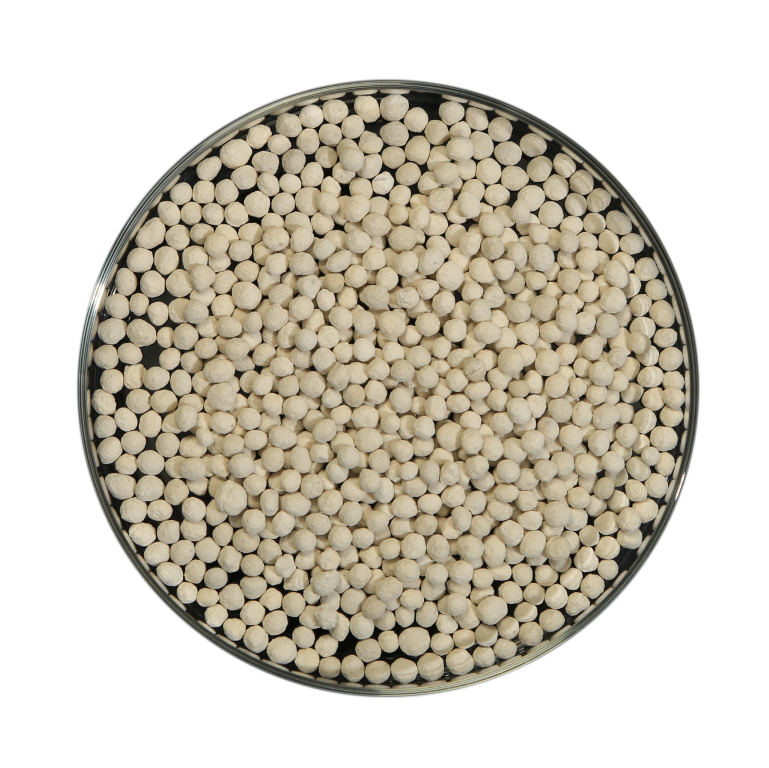






Bio Pesticide
Bacillus thuringiensis kurstaki (Btk) is a strain of Bt specifically used for controlling caterpillars in agricultural and garden settings. This strain produces crystal proteins (Cry proteins) that are toxic to caterpillars. When ingested by caterpillars, these proteins paralyze the insect’s digestive system, causing them to stop feeding and eventually die from starvation.
| 1 X 10 7 CFU/GRAM |
We make it our business to advance your business. Get in touch to find out more.
ANBR ELIXIR PVT LTD
PLOT NO. 5144, NEAR PRIME INDUSTRIES, SEVEN WATER TANK ROAD,
NEAR PARAS CHOWKDI, G.I.D.C. INDUSTRIAL ESTATE,
ANKLESHWAR – 393 002.
DIST. BHARUCH, GUJARAT
ANBR ELIXIR PRIVATE LIMITED
Plot No. 10008-3, Near BEIL,
GIDC, Ankleshwar,
Dist :-Bharuch, 393002, Gujarat